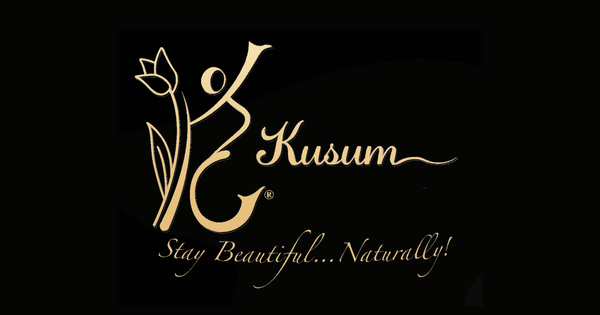
Rosehip Seed Oil: New Insights.
Share
The world of skincare and cosmetics is full of various oils. At times, it becomes difficult to know each of them well. It is vital to learn about the essential properties of each oil for its proper use for skincare. This blog post discusses Rosehip seed oil and its benefits on the skin.
Skin-friendly contents of Rosehip seed oil
Rosehip oil is rich in provitamin A, also known as beta-Carotene. It contains tretinoin, also known as all-trans-retinoic acid. Once again, non-GMO, organic, and cold-pressed Rosehip seed oil has 700% more all-trans-retinoic acid giving excellent antiaging and regenerative benefits to the skin.1
Rosehip oil is rich in essential fatty acids, particularly linoleic acid (omega-6) and alpha-linolenic acid (omega-3). Taking a good-quality multi-vitamin by mouth enhances the effectiveness of Rosehip seed oil on the skin.2
Phytonutrients rich oil.
What are Phytonutrients?
Simply put, phytonutrients are substances naturally produced by plants. The phytonutrients help plants fight against various infections, including plant fungi, bacteria, and viruses, with their antioxidant and anti-inflammatory properties.
Rosehip oil is rich in various phytonutrients that help the skin develop a robust anti-aging and anti-inflammatory response to day to day exposure to harmful substances.
A natural skin vitalizer
Rosehip seed oil reduces skin pigmentation and discoloration. With its naturally high vitamin A and E content, Rosehip seed oil protects the skin from photoaging (skin damage from sun exposure).
Research shows stimulation of the skin's collagen layer with Rosehip seed oil; this helps the skin remain plump and healthy. Stimulation of collagen improves skin elasticity and firmness.3

Other benefits of Rosehip seed oil.
1) Natural exfoliant, giving the skin a glow and radiant look.
2) Increases skin cell turn over, moving younger cells towards the surface.
3) Phytosterols in Rosehip seed oil acts as lock-in moisturizer.
4) Rosehip seed oil is gentle and suitable for all skin types.
5) The Procollagen effect of Rosehip seed oil promotes the healing of scars, stretch marks, and fine lines.
6) Just like in plants, phytonutrients boost skin immunity and fights against skin infections and acne.
Good to know stuff.
Rosehip seed oil in Kusum products is cold-pressed from non-GMO, organic rose seeds. INCI name for Rosehip seed oil is Rosa canina seed oil. Using products that use non-GMO, organic, and cold-pressed Rosehip seed oil is the key to fetch the most benefits. We recommend using complete organic skin care for all of your skincare needs.
We answer your questions!
What does Rosehip seed oil do for your skin?
The fatty acids and vitamin A are excellent and natural skin moisturizers. Fatty acids lock-in your skin's natural moisture preventing it from drying. The Procollagen effect improves skin permeability, skin regeneration, and elasticity.
Is it ok to put Rosehip seed oil on your face?/ How do I use Rosehip Oil on my face?
Yes! Rosehip oil is a natural skin revitalizer. For best results, use a stem cell containing product twice daily. apply gently and do not rub. allow the product to sink in for about five minutes.
Is Rosehip oil comedogenic? Does Rosehip seed oil clog pores?
If you have acne-prone skin, we suggest using a small amount. We also suggest using a high-quality, organic cream formulated specifically to penetrate deeper without clogging pores. It is vital to achieving good face cleansing before applying the oil or cream to the face. Use a pH-neutral, gentle organic face cleanser.
Can Rosehip oil replace my moisturizer?
Rosehip oil is a natural moisturizer with a lock-in moisture effect. Yes, it can be used as a natural moisturizer. We suggest using a stem-cell containing cream for an enhanced effect.
We hope that you found this post informative and useful. Feel free to share our blog with others Use this link- https://kusumcosmetics.com/blog
Disclaimer-This website and content, comment, writing, or authors/contributors/writers do not provide or suggest medical, legal, or professional advice, opinion, or service. The information shared on this website is not intended to diagnose, treat, cure, or prevent any disease.
Reference:
1) J Concha et al. Effect of rosehip extraction process on oil and defatted meal physiochemical properties. Journal of the Americal Oil Chemist's Society. 83 (9):771-775.
2) Lin TK et al. Anti-inflammatory and skin barrier repair effects of topical application of some plant oils. International Journal of Molecular Sciences. 19 (1):70.
3) https://en.wikipedia.org/wiki/Rose_hip_seed_oil
